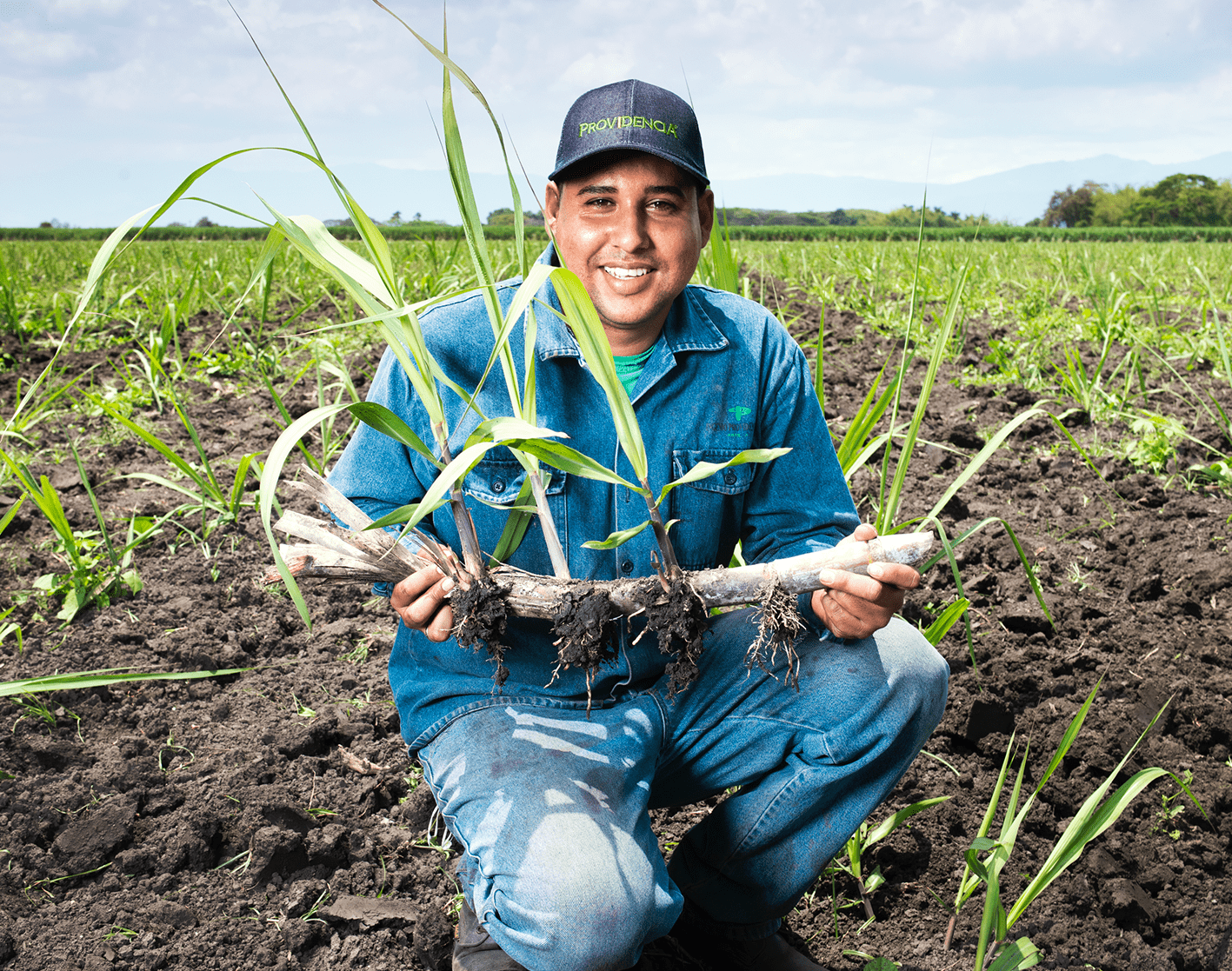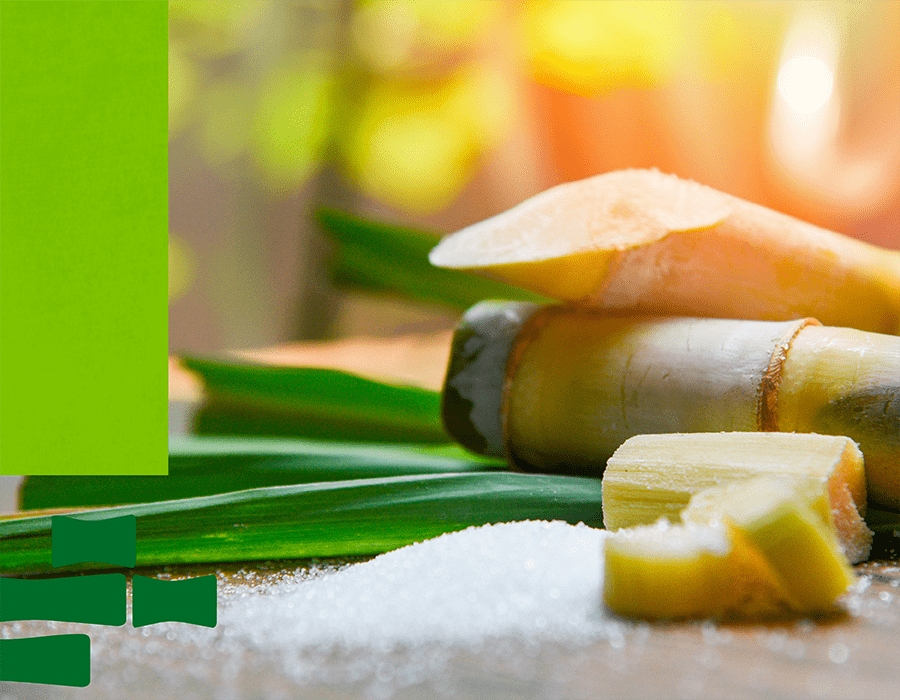The first step in sugar production is the planting and harvesting of sugarcane. Sugarcane is cultivated in tropical and subtropical regions, and approximately 110 countries produce sugar from either sugarcane or sugar beets, while eight countries produce both cane and beet sugar. Sugarcane accounts for nearly 80% of the world’s sugar production.
110
countries produce sugar
Sugarcane accounts for nearly
80%
of the world’s sugar production
Sugar crops provide production alternatives for purposes other than food, such as
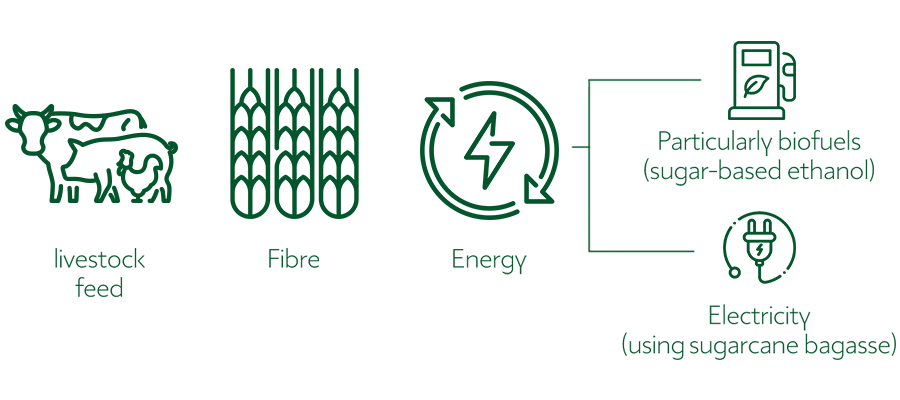
Sugarcane is generally regarded as one of the most significant and efficient biomass sources for biofuel production.
Once the sugarcane has reached maturity, it is cut and transported to the sugar factory for processing.

The next step is the milling of the sugarcane. The cane is passed through a series of mills that extract the juice, which contains sugars and other components that need to be separated.

After milling, the sugarcane juice undergoes a clarification process. During clarification, impurities and unwanted substances are removed from the juice to obtain a cleaner liquid. This is achieved through filtration processes.
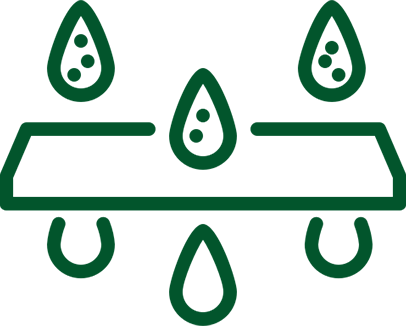
Once clarified, the juice goes through an evaporation process. In this stage, the juice is heated to remove excess water and concentrate the sugars. As the water evaporates, the juice becomes thicker and more viscous.

The next step is crystallization. The concentrated juice is cooled and stirred to facilitate the formation of sugar crystals. These crystals are separated from the remaining liquid, known as molasses, through processes of centrifugation and filtration.

Once separated, the sugar crystals go through a refining process. During refining, impurities are removed, and the sugar is bleached to obtain a purer product. This process may involve the use of calcium carbonate and other filtration treatments to enhance the quality of the sugar.

Finally, the refined sugar is prepared for distribution and sale. Sugar can be found in different forms, such as granulated sugar, powdered sugar, and sugar cubes.
Additionally, there are diverse types of sugar, such as raw sugar, refined sugar, and unrefined sugar.


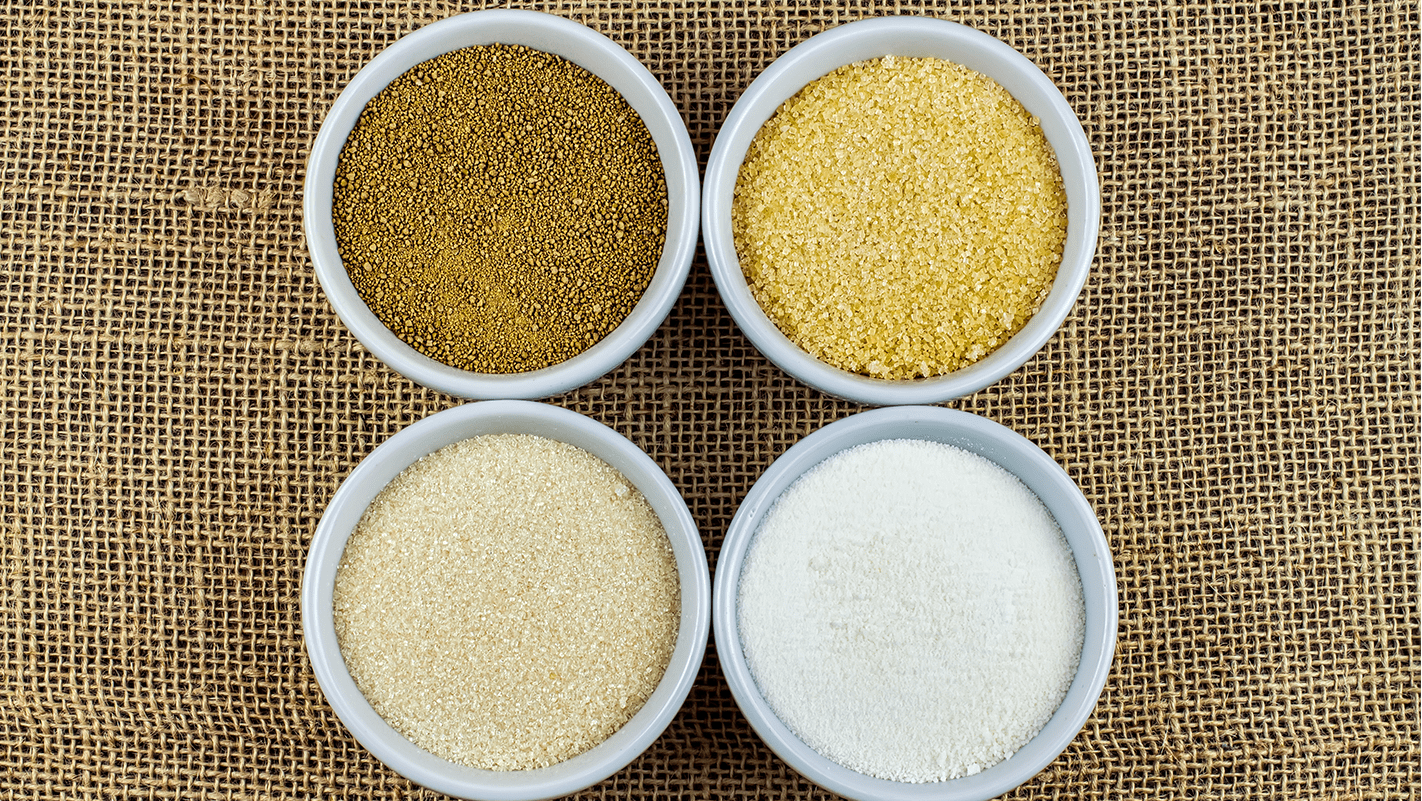
TYPES OF SUGAR
Raw sugar is produced without extensive refining, which means it retains certain impurities and natural components present in sugarcane. It has a darker colour and a more intense flavour compared to refined sugar.
Refined sugar undergoes a more extensive refining process, resulting in a purer and white-looking product. Refined sugar is the most commonly used form in cooking
and baking.
There is also unrefined sugar, which is a term used to describe sugar that has not undergone chemical refining. This type of sugar retains certain impurities and nutrients present in sugarcane, giving it a distinctive flavour.
The production of sugar involves a series of technical and social processes, from the harvesting of sugarcane to obtaining the final product. Sugar is an essential ingredient in our culture, and understanding its production process allows us to
appreciate and enjoy this ingredient consciously.
PROVIDENCIA AND SUGAR
PRODUCTION IN COLOMBIA
The production of organic sugar in Colombia has been gaining popularity in recent years due to the increasing demand for healthy and sustainably sourced food. Organic sugar is cultivated following ecological and environmentally friendly agricultural practices, without the use of pesticides, chemical fertilizers, or genetically modified plants.
At Providencia, we have adopted natural methods to control pests and diseases, promoting biodiversity and soil health. Moreover, our practices focus on water conservation, fostering the protection of the surrounding ecosystems.
Consumers who choose organic sugar contribute to the protection of the environment and the support of sustainable agricultural practices.
Colombian organic sugar is used in a variety of products, ranging from food and beverages to baked goods and confectionery. It is highly valued for its natural flavour and its contribution to the sustainable development of agricultural communities.
Producers like Providencia, along with local and international consumers, are committed to promoting sustainable agricultural practices by choosing organic and high-quality sugar.
